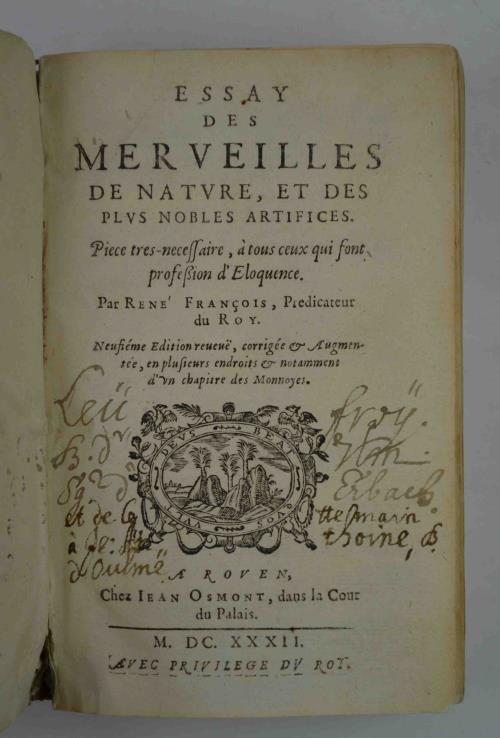Progress or Return? - Leo Strauss - Contemporary Thinkers.
In an essay entitled “Progress or Return? The Contemporary Crisis in Western Civilization,” Leo Strauss argued that the characteristically modern notion of “progress” is both empirically and conceptually problematic. Having analyzed the problem with the modern notion of progress, he then suggested that his readers ought to consider a return to “premodern” ways of thought. In.Shadia Drury claims in her Leo Strauss and the American Right that Strauss and his followers have given American neoconservatism “its sense of crisis, its aversion to liberalism, its rejection of pluralism, its dread of nihilism, its insistence on nationalism, its populism, its religiosity, and more.”10 Drury’s claim is convenient but simplistic; it misses the point of Strauss’s.Thus Leo Strauss mourned the transition from virtuous “ancient” liberalism (reaching its apogee in Athens) to debased forms of “modern” liberalism (commencing with Machiavelli), while Sheldon Wolin averred that twentieth-century liberalism had disastrously forgotten its early sceptical enunciation.5 Some neoconservatives have claimed the mantle, seeking, with Irving Kristol, “a.
Fascinating in part 2 are Carson Holloway on Strauss's Progress or Return? and Gary Glenn's essay on the differences between classical natural right and Catholic natural law and Strauss's preference for classical natural right. In the third part, James Stoner's Aristotelian Metaphysics and Modern Science is especially provocative and insightful. Overall, this is an outstanding group of essays.In a recent essay, Paul DeHart criticizes Leo Strauss’s conception of philosophy and the relationship between reason and revelation, by criticizing him on epistemological grounds.While Strauss never wrote a treatise on epistemology, DeHart nimbly reads between the lines to conclude that Strauss presents a false dichotomy between faith and philosophy, based on a “self-referentially.

LEO STRAUSS SEMINAR ON NIETZSCHE A course offered in the winter quarter, 1967 The Department of Political Science, The University of Chicago Edited and with an introduction by Richard Velkley Richard Velkley is Celia Scott Weatherhead Professor of Philosophy at Tulane University. He is author of Being after Rousseau: Philosophy and Culture in Question (University of Chicago Press, 2002.










